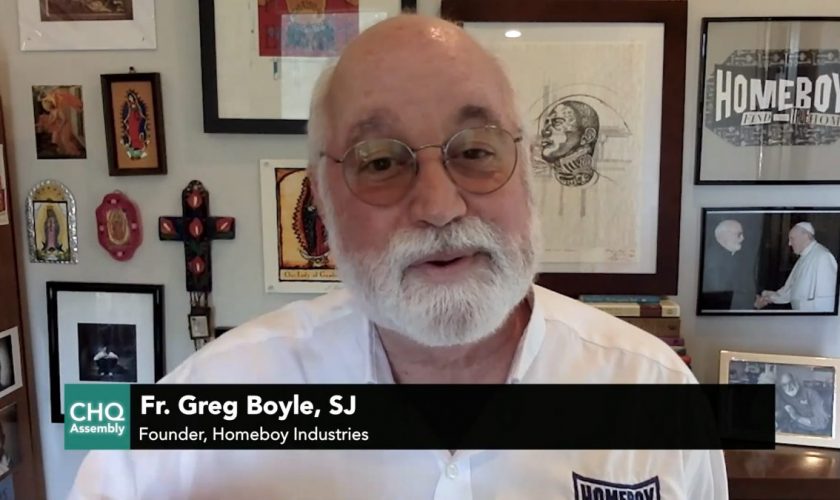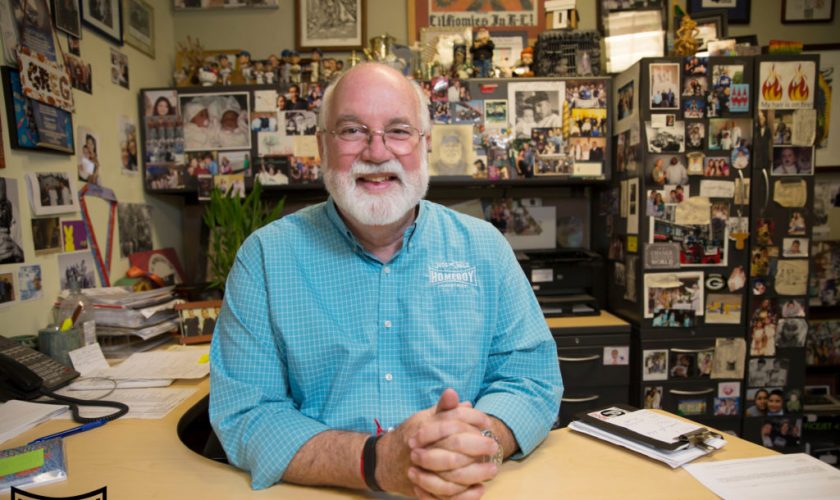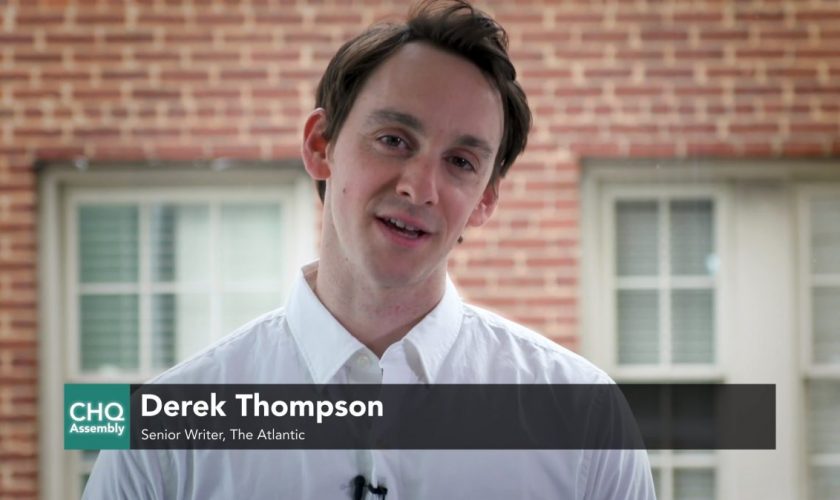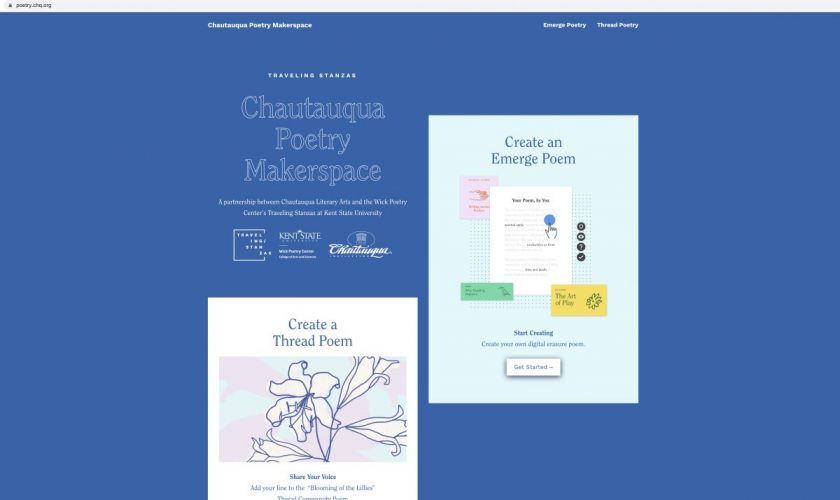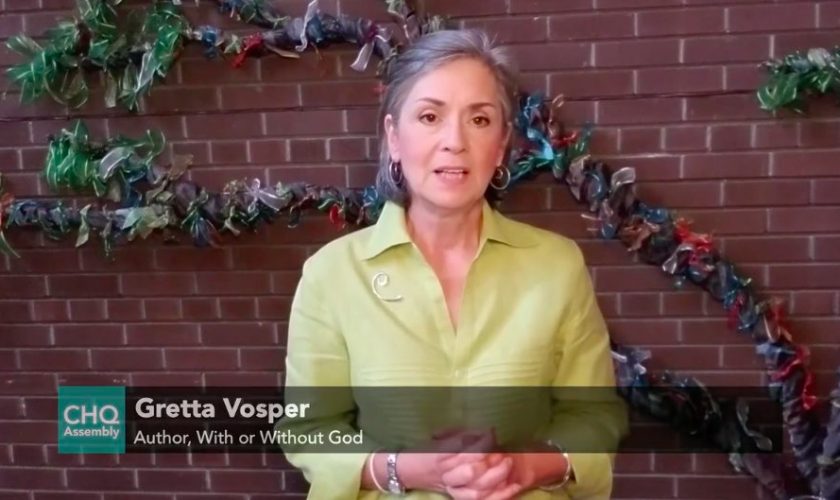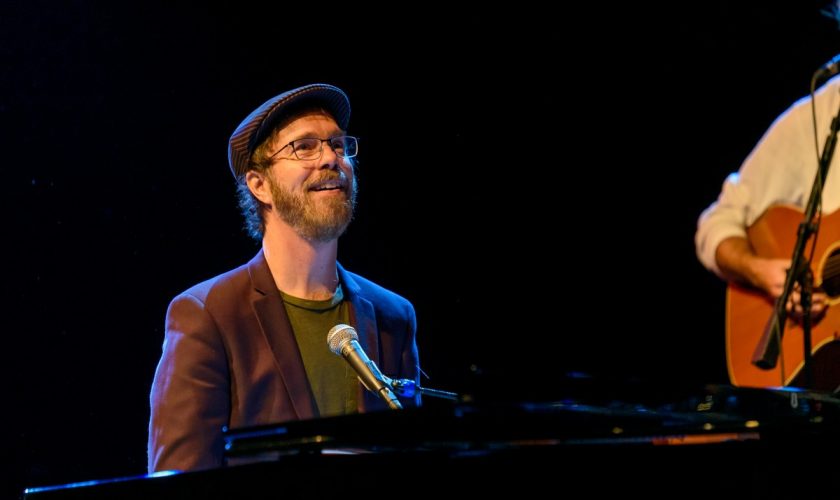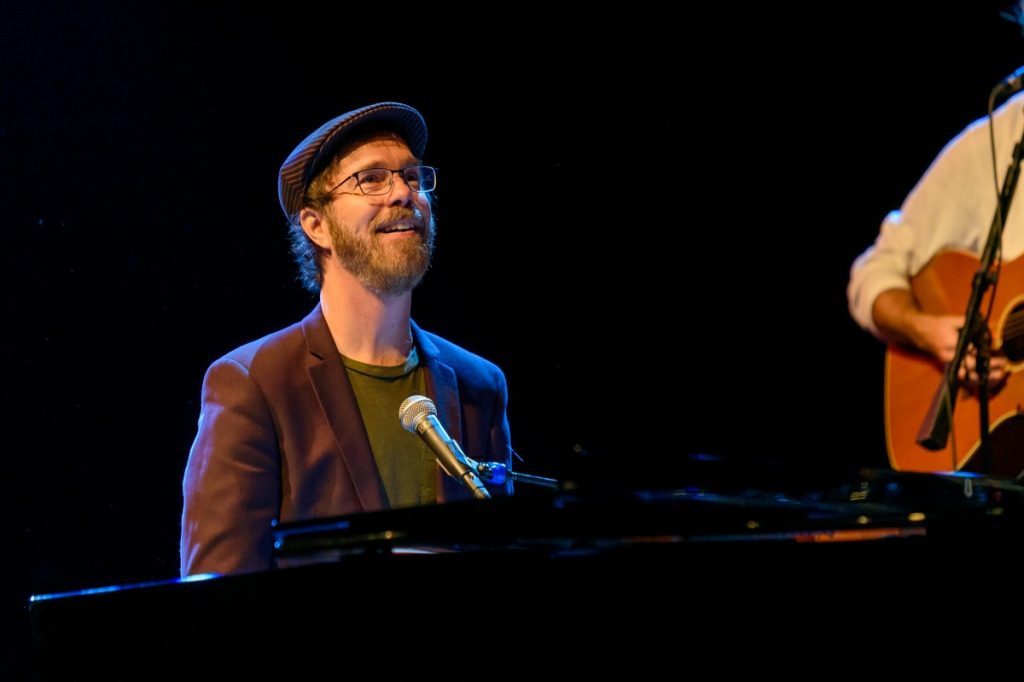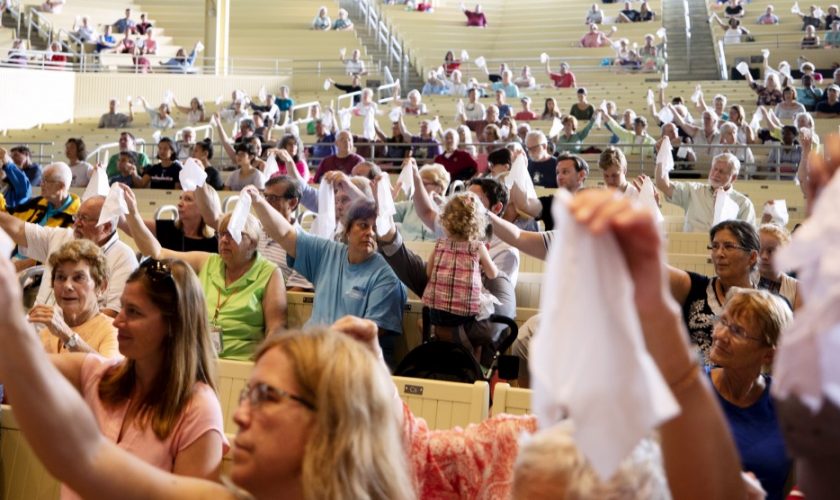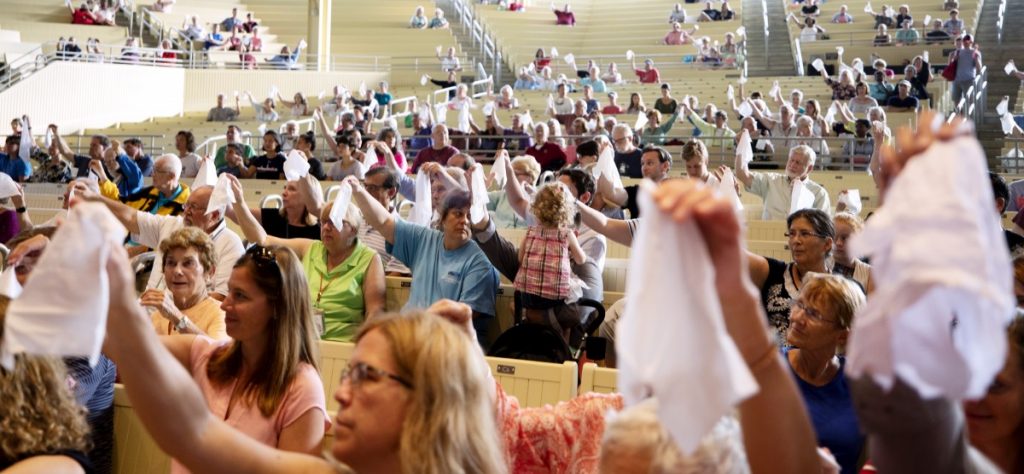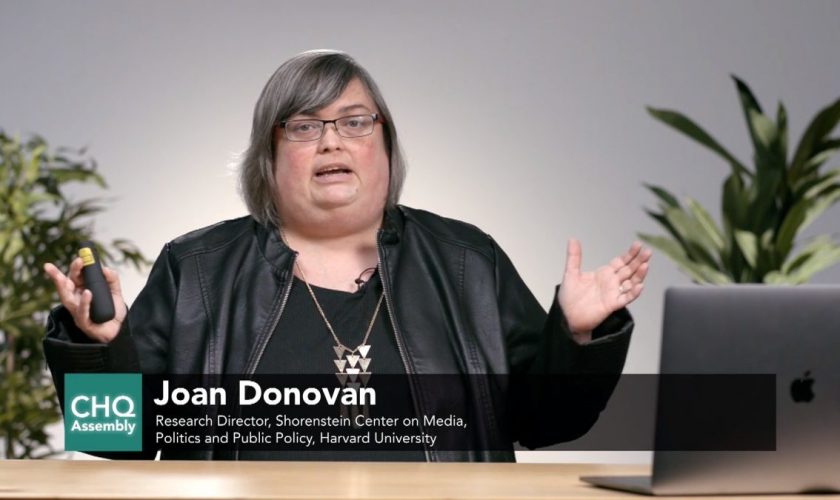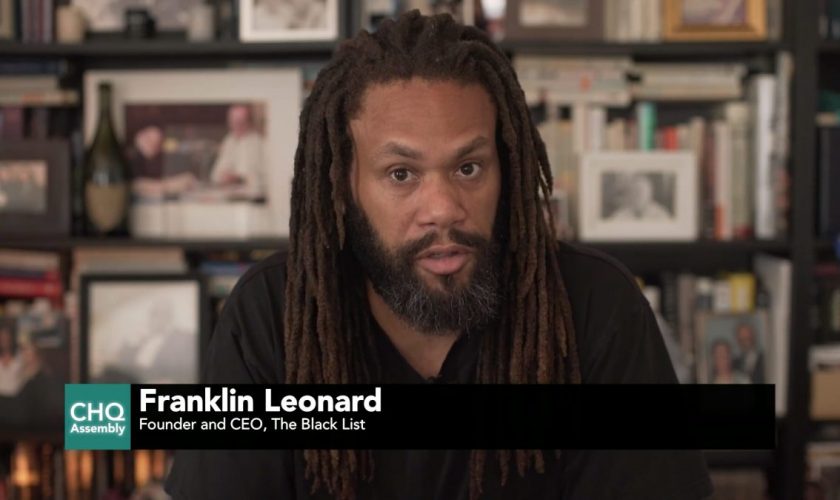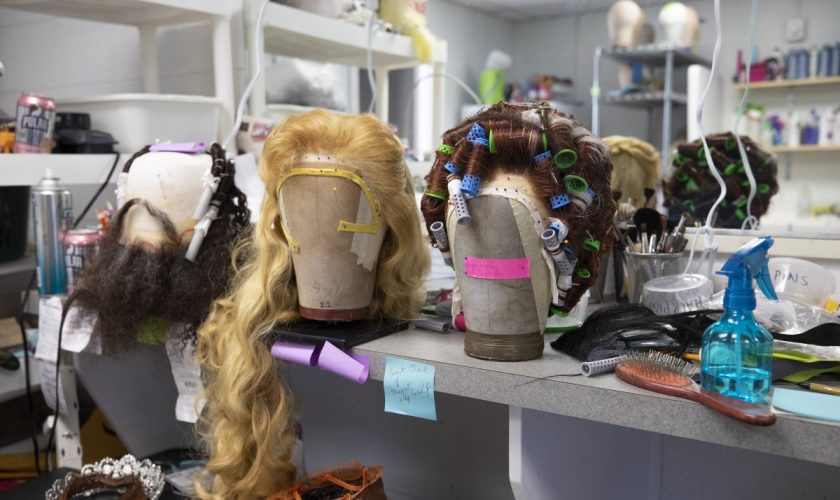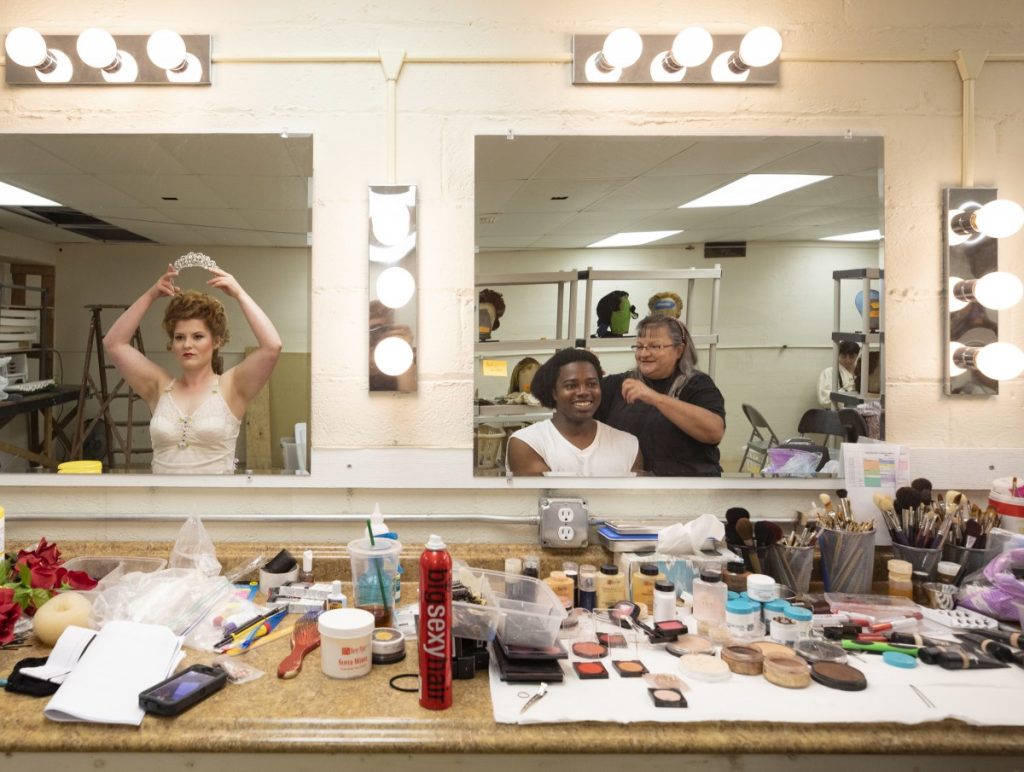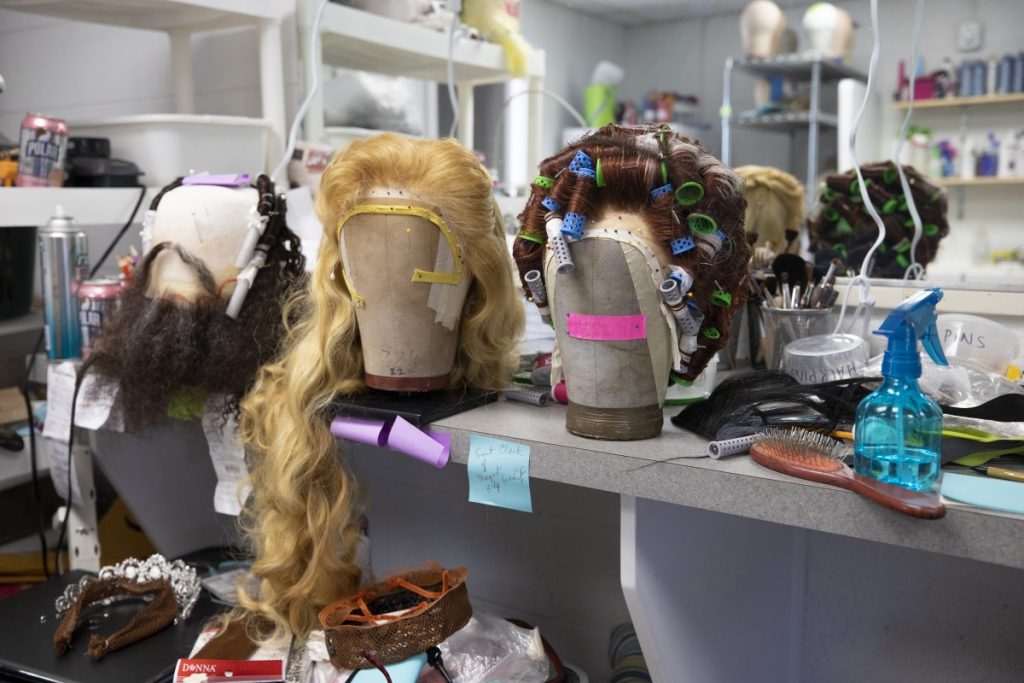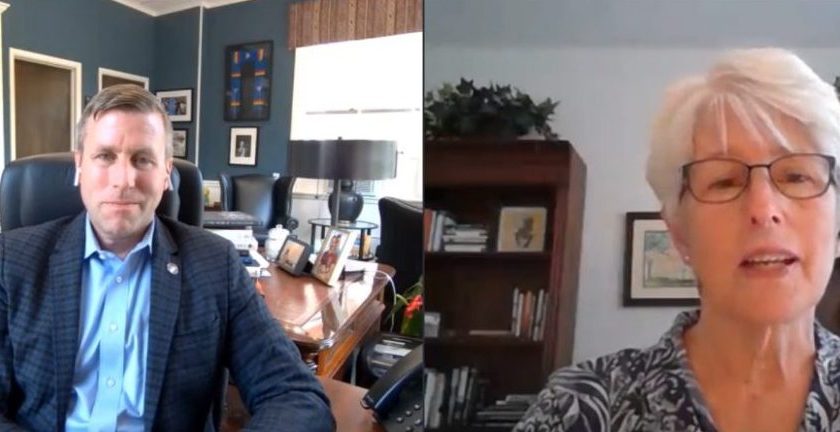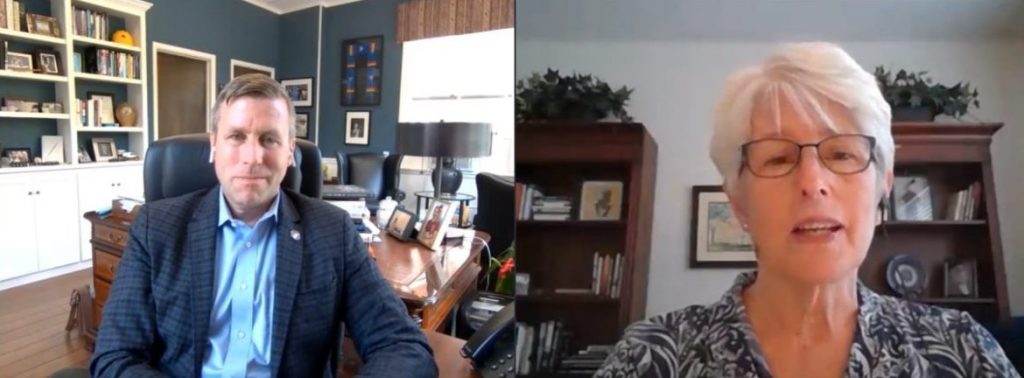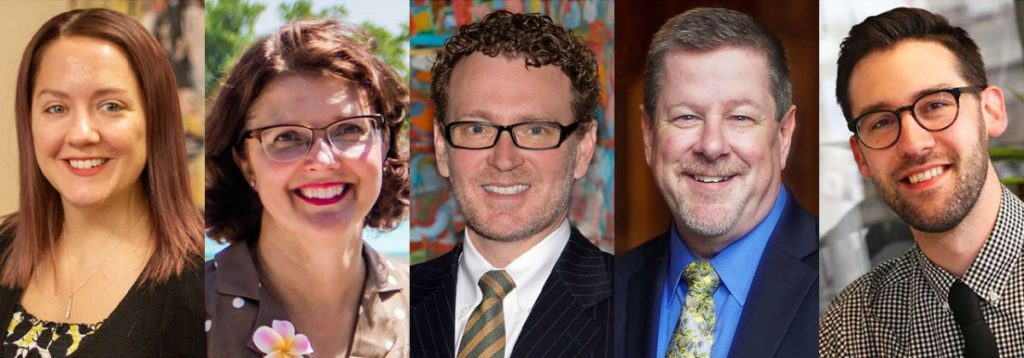
Eleven years ago, Dennis Galucki was struck by the idea of a city where the aesthetic values of Chautauqua Institution existed not just nine weeks a year, but all 52. Galucki attached this idea to his Western New York hometown, which he felt uniquely embodied these values when he established the Institution’s annual Buffalo Day. But as years have passed, Galucki has come to believe that Buffalo Day shouldn’t stop at Buffalo.
“I hope others do explore that connection (of bringing Institution values elsewhere). Why not have an Atlanta Day at Chautauqua? In a digital age, why not think that way?” Galucki said. “It’s not about everybody from Atlanta or San Francisco going to Chautauqua that day — it’s about highlighting a connection (of values), and nurturing it back in your hometown.”
Galucki hopes to inspire Chautauquans to consider these ideas at 12:30 p.m. EDT Tuesday, July 14, on the Virtual Porch in a Buffalo Day panel discussion titled “The Sacred Nature of Art & Democracy: Exploring Life’s Aesthetic Values – Beauty, Truth, Goodness, & Justice.” The panel will be moderated by Galucki and Emily Morris, Institution vice president of marketing and communications.
The panel will feature Stephanie Crockatt, executive director of the Buffalo Olmsted Parks Conservancy; Joe Lin-Hill, deputy director of the Albright-Knox Art Gallery; Michael G. Murphy, the president of Shea’s Performing Art Center; and Adam Zyglis, Pulitzer Prize-winning cartoonist at The Buffalo News.
The week’s theme of “Art and Democracy” spoke to Galucki. He first started to recognize the similarities of Buffalo and Chautauqua through art and architecture in Buffalo. When looking at historical landmarks, Galucki found that they spoke of pillars and values that defined Buffalo at the time of their construction: art, architecture, history and nature.
These four values reminded Galucki of the Institution’s four pillars: arts, education, religion, and recreation. Just like Chautauqua, he saw Buffalo’s potential to foster life-long learning, and this sparked what he called the Buffalo-Chautauqua idea. This idea is further exemplified with the Institution’s theme for Week Three.
“I can connect Buffalo really legitimately with this theme: ‘Art and Democracy,’” Galucki said. “After 11 years it was, in my mind, the best theme that came along to go ahead and do this.”
Galucki believes that this discussion on “Art and Democracy” also comes at an interesting time in history, because current social justice movements have inspired powerful works of public art.
“Perhaps the most significant art this year is the three words ‘Black Lives Matter,’” Galucki said. “I could argue that the painting of that (phrase) in front of municipal buildings, including the White House, may be the most profound work of art in a long time.”
Galucki said that the panel’s message of justice — along with truth, goodness and beauty — can be relatable across the country. He hopes that the audience can connect to this panel’s message and inspire similar work in their own regions.
“Hopefully people are entertained and find the experience worth wanting to know more about Chautauqua if they are first-timers, or reinforcing their support of Chautauqua if they are folks that have been around,” Galucki said. “That should be why anybody speaks. Yeah, educational, informative, fine. But I would argue that it better be entertaining.”
This program is made possible by the Buffalo-Chautauqua Idea and Connection: Galucki Family Endowment Fund.

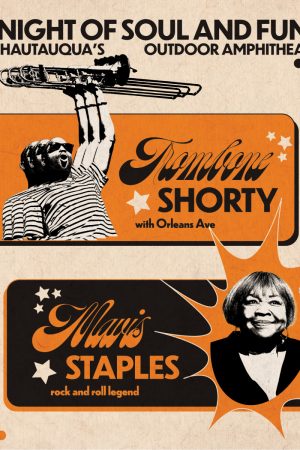
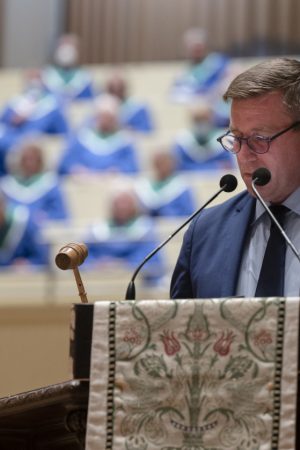
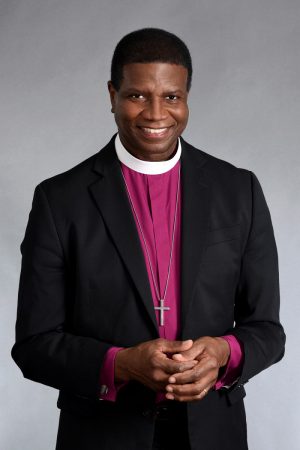
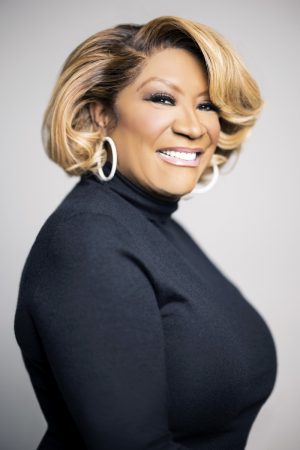
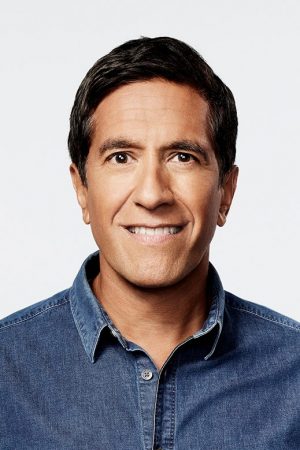
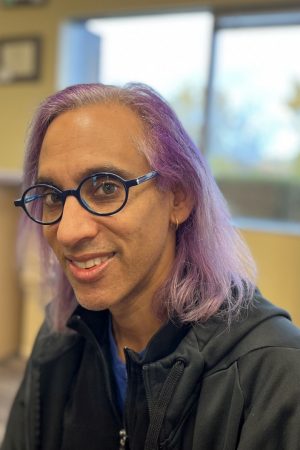
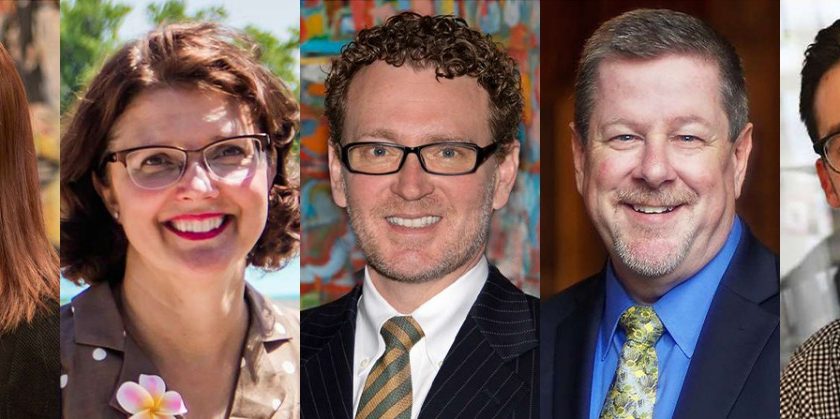
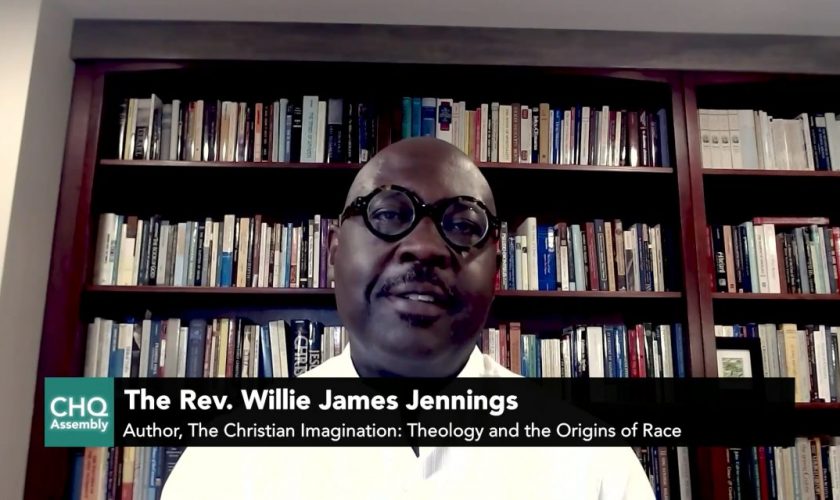

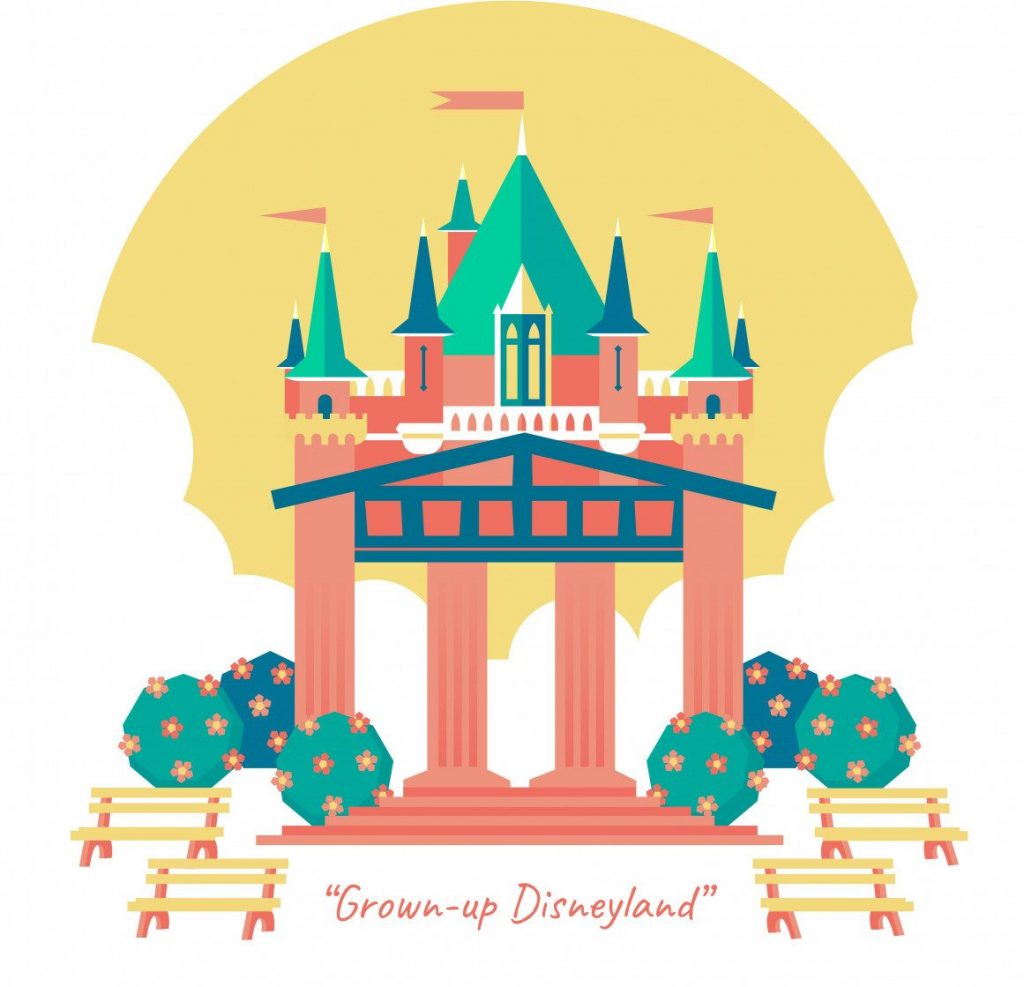
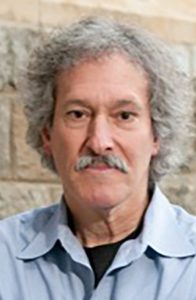
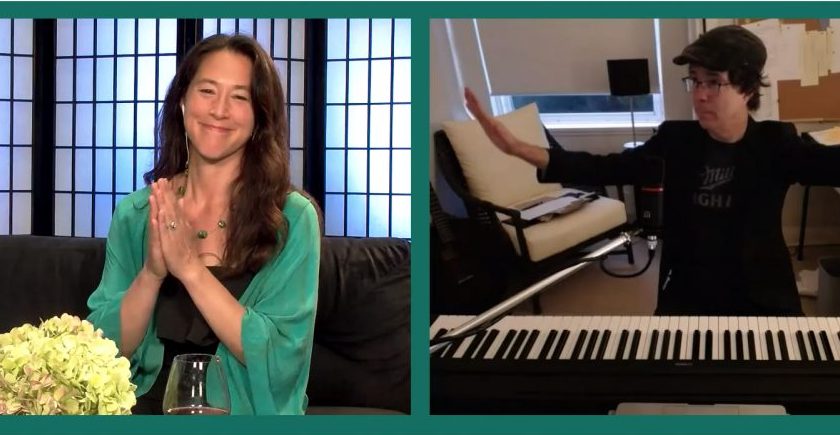

 Each summer, more than 10 million kids in America spend their days at camps or youth programs exploring outside, making friendship bracelets and tie dye T-shirts, playing games with friends or learning new skills and hobbies.
Each summer, more than 10 million kids in America spend their days at camps or youth programs exploring outside, making friendship bracelets and tie dye T-shirts, playing games with friends or learning new skills and hobbies. 